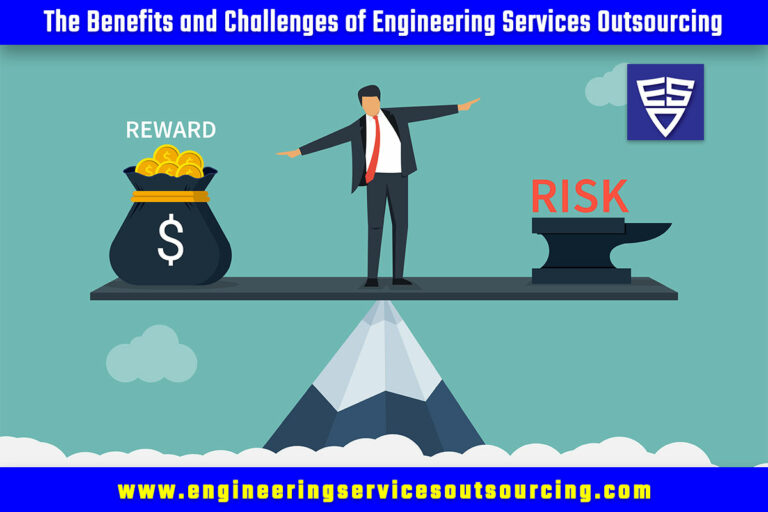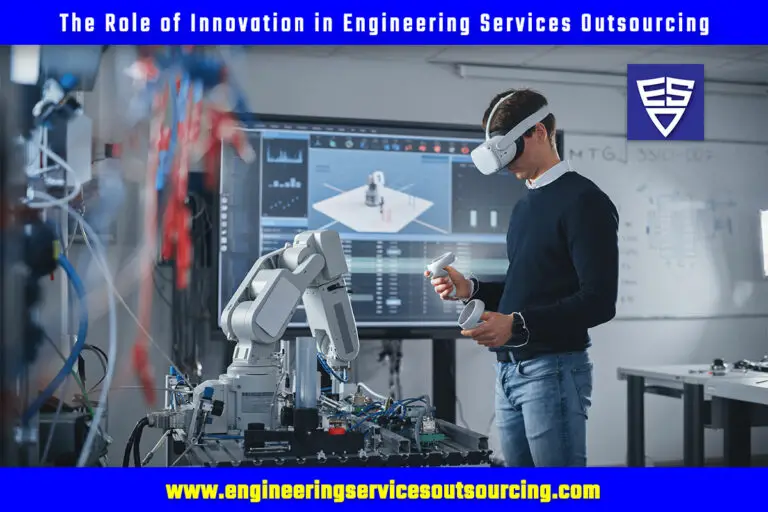
The engineering services outsourcing industry has been experiencing significant growth in recent years, and it continues to evolve at a rapid pace. As technology advances and global markets become increasingly interconnected, the future of engineering services outsourcing holds great potential. In this article, we will explore some key trends shaping the future of engineering services outsourcing and discuss their implications for businesses.
Table of Contents
1) Rise of Artificial Intelligence and Automation
One of the major trends impacting the future of engineering services outsourcing is the increasing use of artificial intelligence (AI) and automation. AI-powered tools and technologies are revolutionizing the way engineering tasks are performed, offering improved accuracy, efficiency, and cost savings.
With AI and automation, routine tasks such as data analysis, simulations, and design optimizations can be automated, allowing engineers to focus on more complex and strategic activities. This not only enhances productivity but also enables faster project delivery and innovation.
2) Emphasis on Data Security and Intellectual Property Protection
As engineering services outsourcing involves sharing sensitive information and intellectual property, data security and intellectual property protection have become critical concerns. Companies are increasingly recognizing the need for robust security measures to protect their confidential information.
In the future, we can expect to see stricter compliance requirements, enhanced encryption technologies, and contractual safeguards to ensure the security of data and intellectual property in outsourcing engagements. Service providers will need to demonstrate their commitment to data security and adopt best practices to build trust with their clients.
3) Growth of Niche Engineering Service Providers
The future of engineering services outsourcing is likely to witness the rise of niche service providers specializing in specific engineering domains or industries. Niche providers offer deep expertise and industry-specific knowledge, enabling them to deliver highly tailored solutions to their clients.
These specialized providers can offer unique insights and value-added services, helping businesses gain a competitive edge in their respective industries. Clients seeking highly specialized engineering services may prefer working with niche providers that have a proven track record in their specific area of expertise.
4) Collaboration and Co-innovation
Collaboration and co-innovation are becoming increasingly important in the future of engineering services outsourcing. Companies are looking for service providers who can act as strategic partners rather than just vendors. They seek partners who can bring fresh perspectives, innovative ideas, and contribute to their product development and engineering processes.
Successful outsourcing engagements will involve close collaboration, effective communication, and knowledge sharing between the client and the service provider. This collaborative approach fosters creativity, accelerates product development cycles, and drives continuous improvement.
5) Localization and Onshore/offshore Hybrid Models
While offshore outsourcing has been a popular choice for cost savings, the future of engineering services outsourcing may witness a shift towards localized and hybrid models. Localization involves setting up engineering centers in close proximity to the client’s operations, allowing for better communication, cultural alignment, and time zone advantages.
Hybrid models combine the advantages of onshore and offshore resources, enabling clients to leverage local talent while capitalizing on the cost benefits of offshore resources. This model offers greater flexibility, improved project control, and the ability to tap into a global talent pool.

Conclusion
In conclusion, the future of engineering services outsourcing is poised for exciting developments. The integration of AI and automation, emphasis on data security, growth of niche providers, collaboration and co-innovation, and the emergence of localized and hybrid models are some of the key trends to watch. By staying abreast of these trends and partnering with the right service providers, businesses can harness the full potential of engineering services outsourcing and stay ahead in the competitive landscape.
Related Article:






